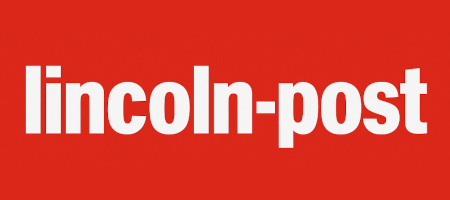Thomas Foley, a man living in the United States, was compelled to pay £35,000 to secure private drug rehabilitation treatment for his brother in Lincolnshire, due to a three-month waiting list for public services. Foley’s brother, a long-term drug user, had been availing of the Lincolnshire Recovery Partnership (LRP) for support. However, Foley, upon visiting Lincoln, found his brother’s condition worsening and expressed dissatisfaction with the LRP’s provisions. Criticising the disarray of the facilities, Foley questioned the limited number of rehab centres accessible through the partnership and the lengthy application process, which he deemed unsuitable for those living in precarious conditions. When faced with the prospect of a three-month wait for access to the only available facility, The Level in Nottingham, Foley opted to pay for private care. His brother has since improved significantly, moving from a Manchester-based facility to a recovery house. Foley voiced his concerns about those without the means to afford private care, criticising the council’s lack of oversight into the LRP’s performance. Despite these concerns, both Turning Point, the head of the LRP, and a spokesperson from the council have defended the quality of their support and treatment. Lucy Gavens, a public health consultant, added that most service users complete their treatment within the local community and that inpatient detox and residential rehabilitation are specialist services.
This story was adapted by The Lincoln Post from original reporting by www.lincolnshirelive.co.uk.








